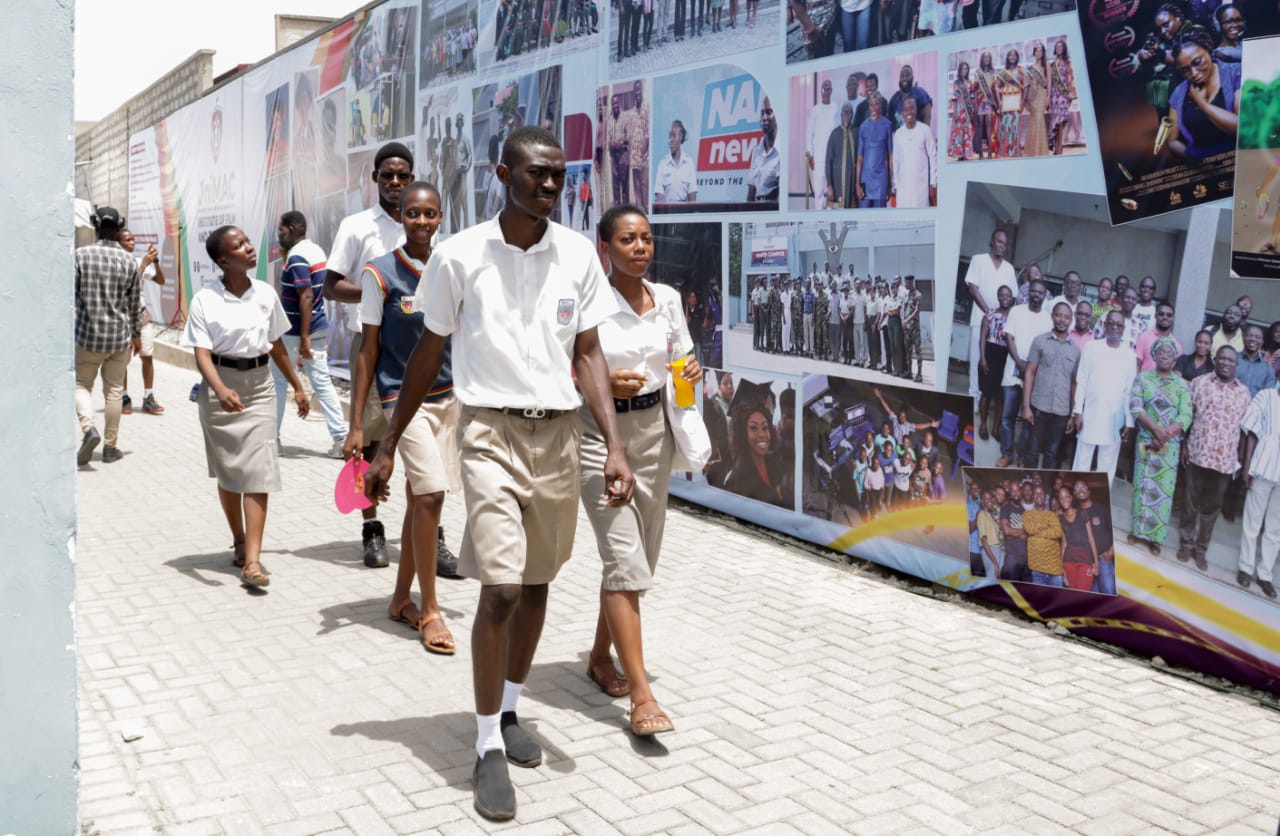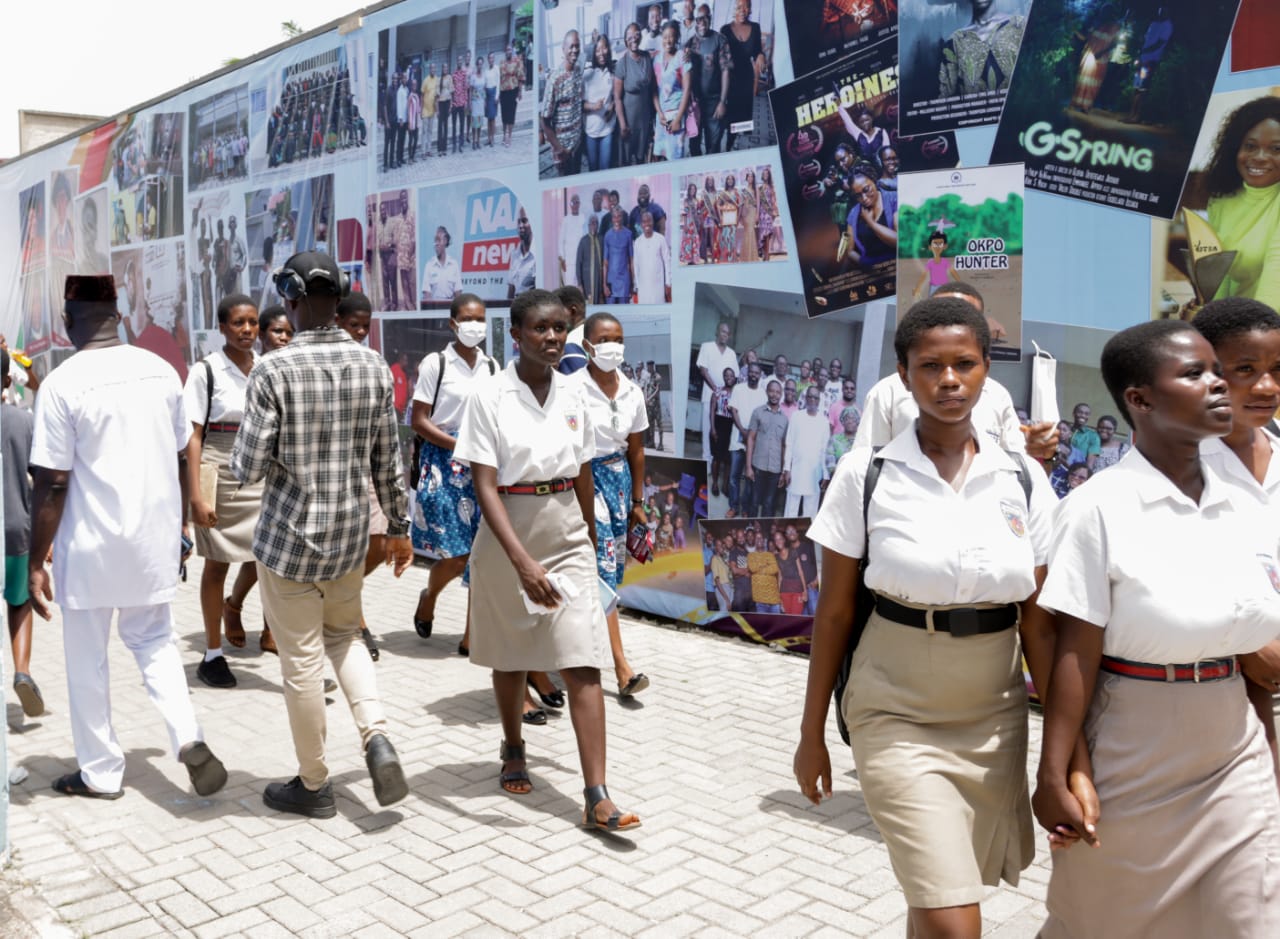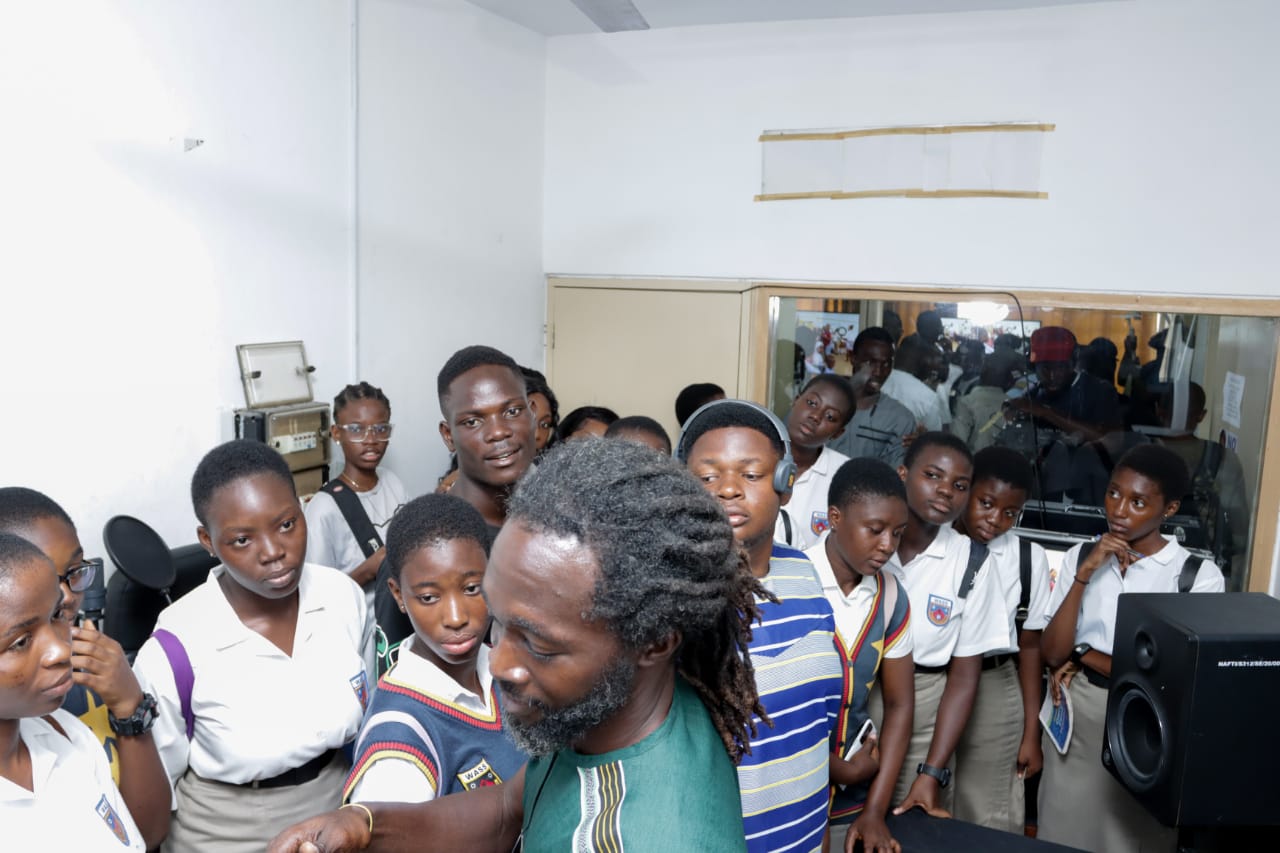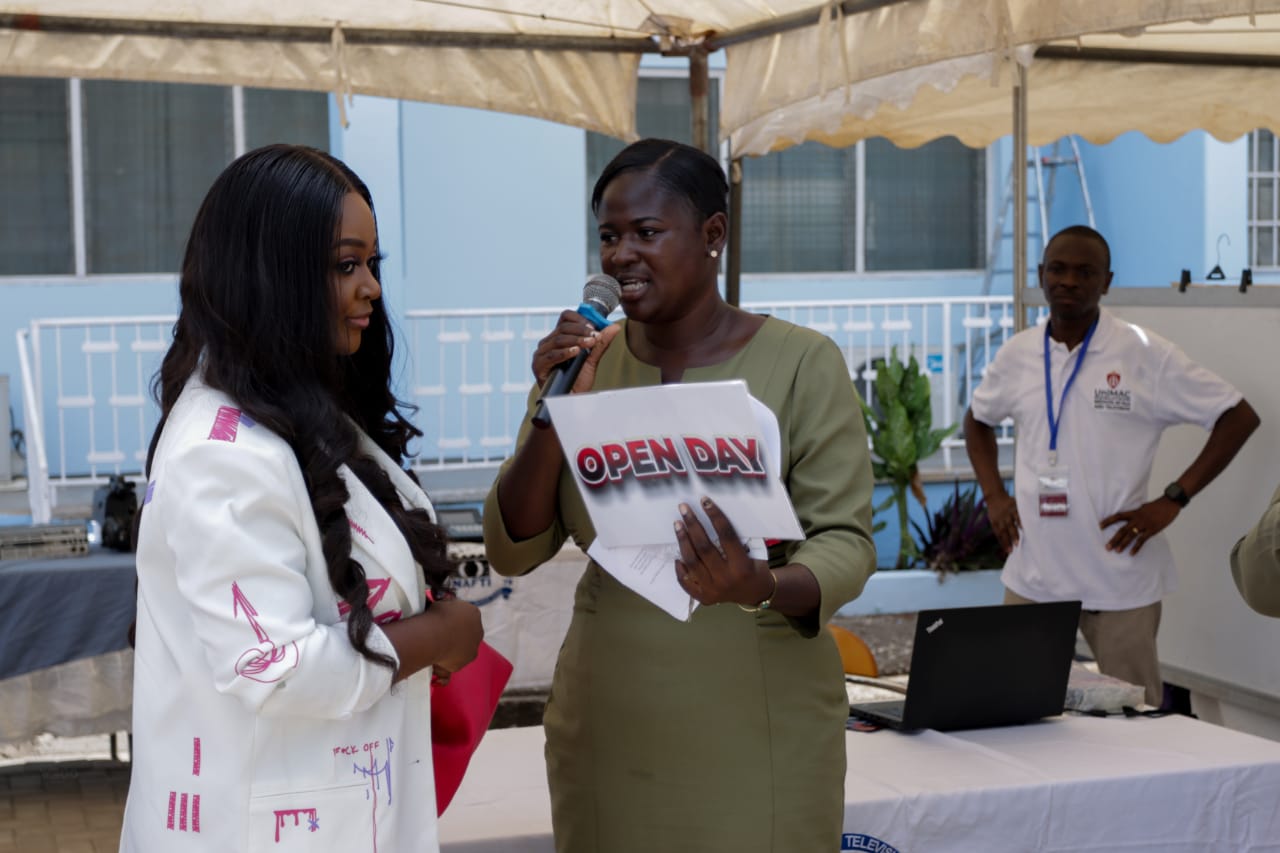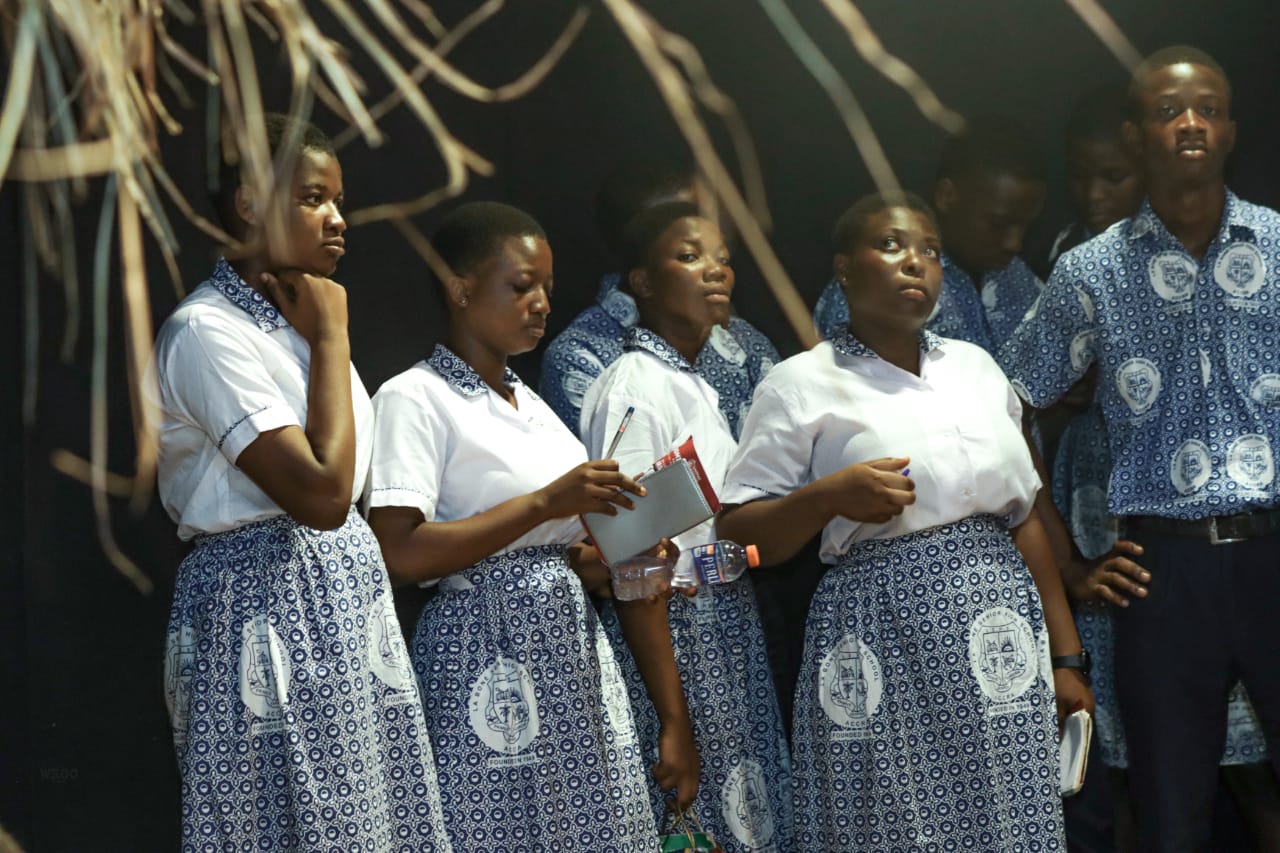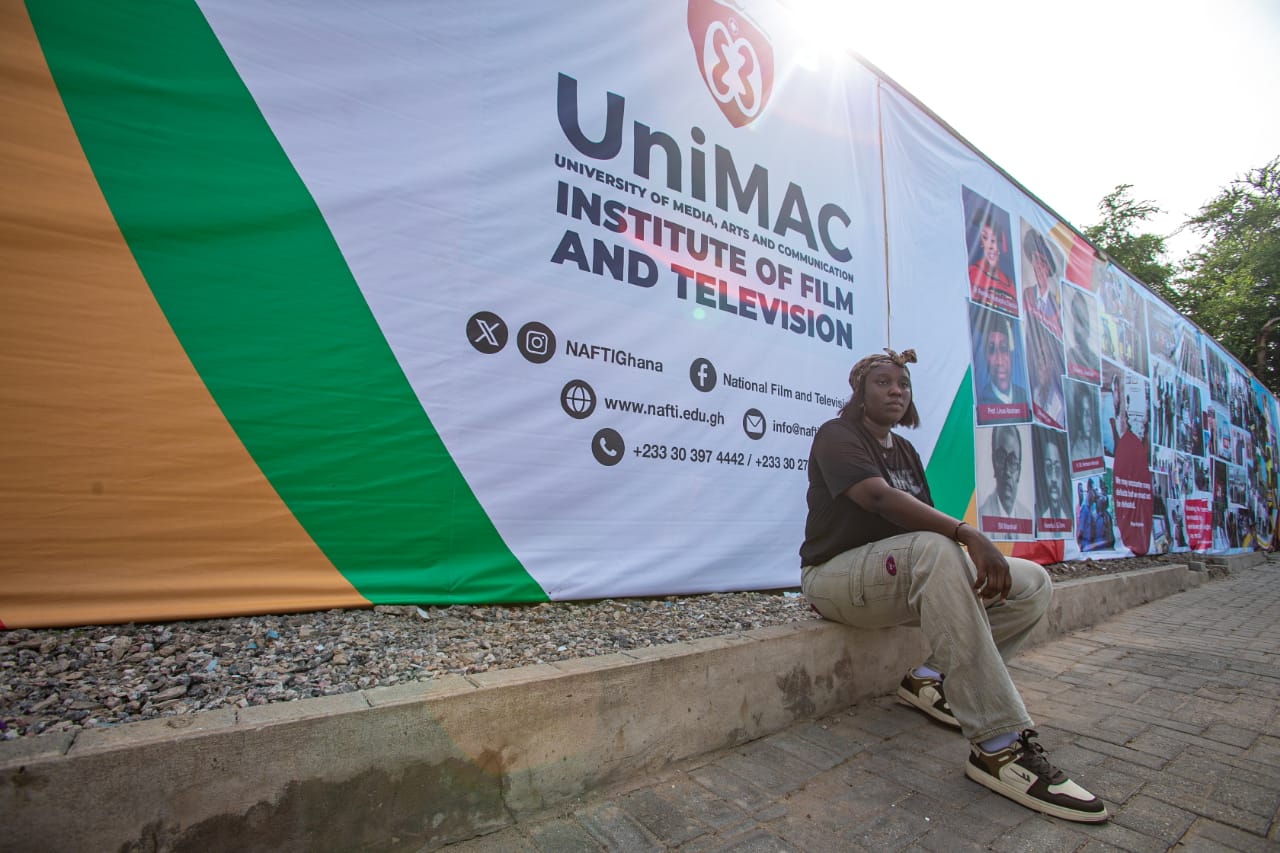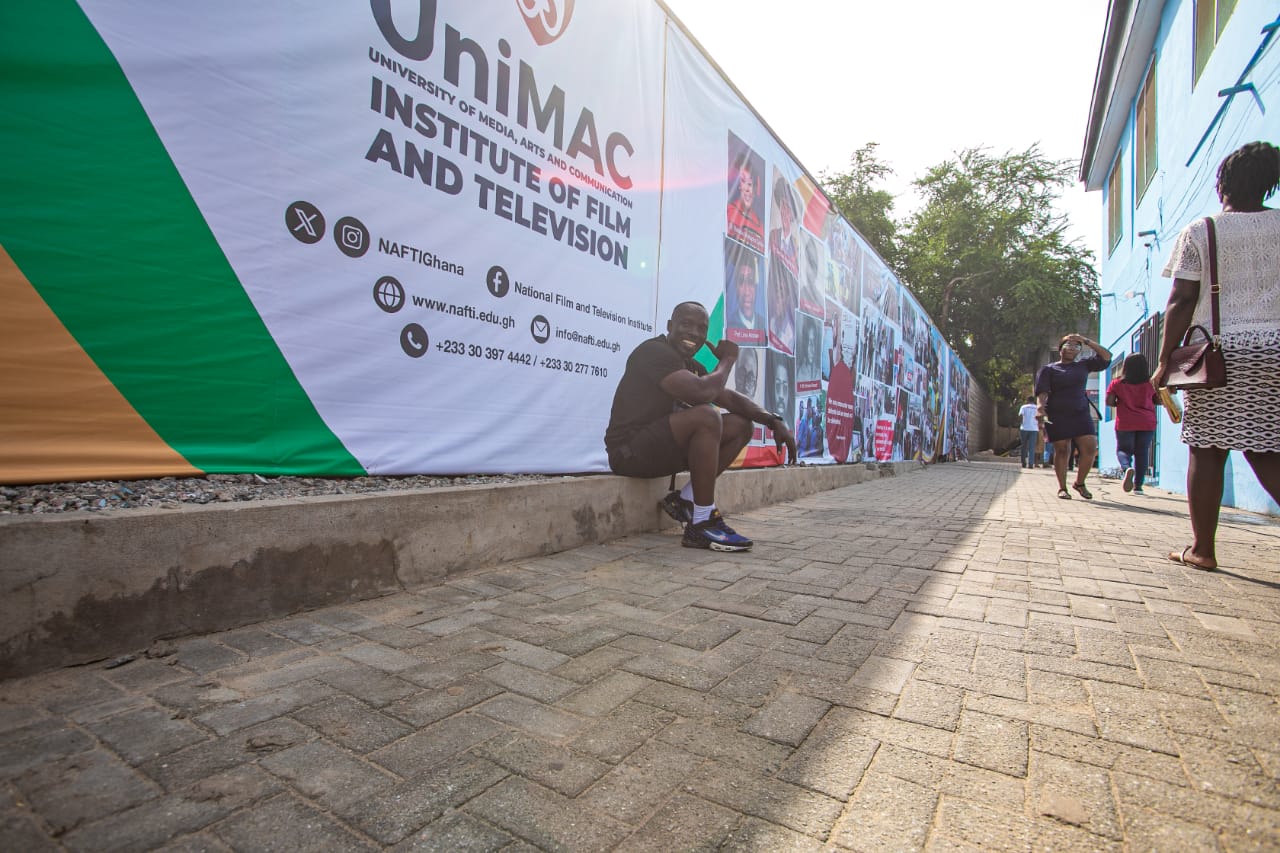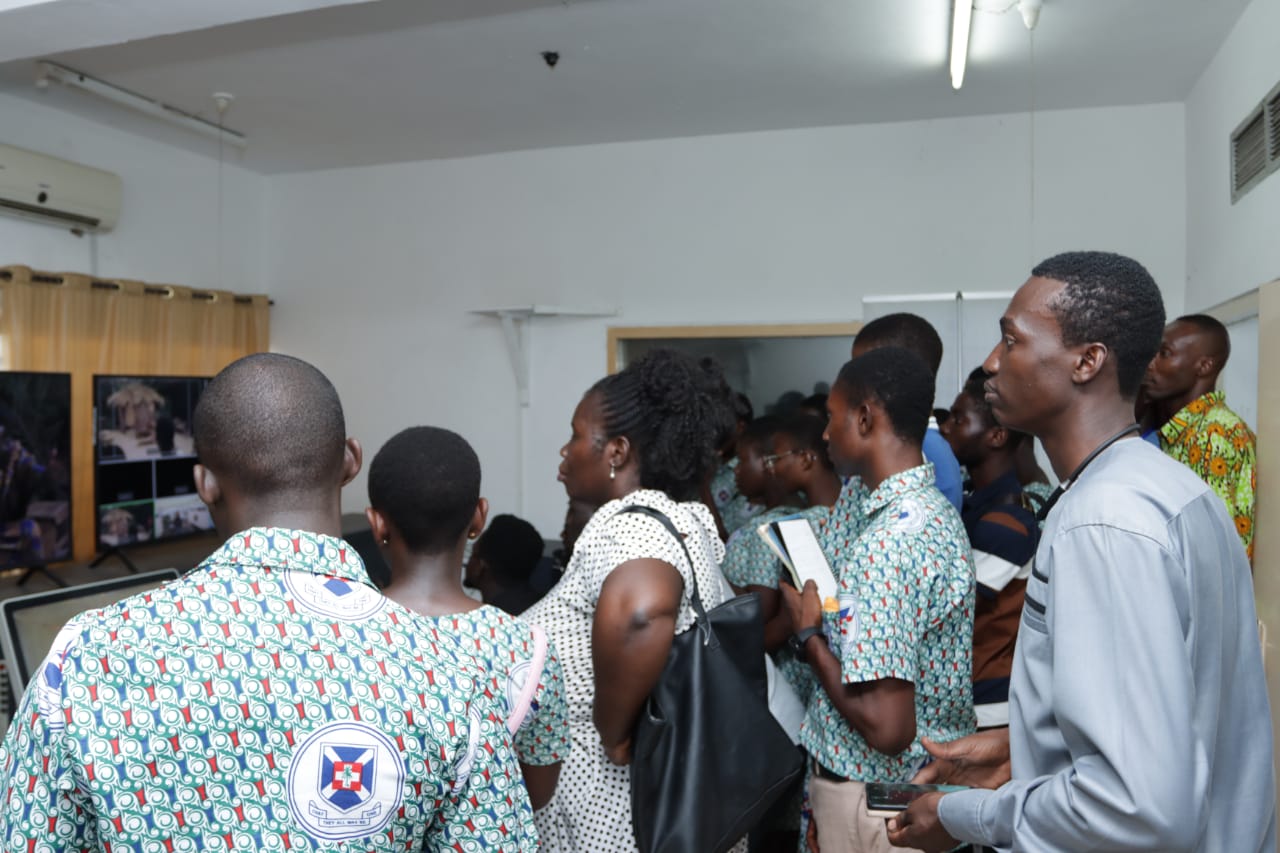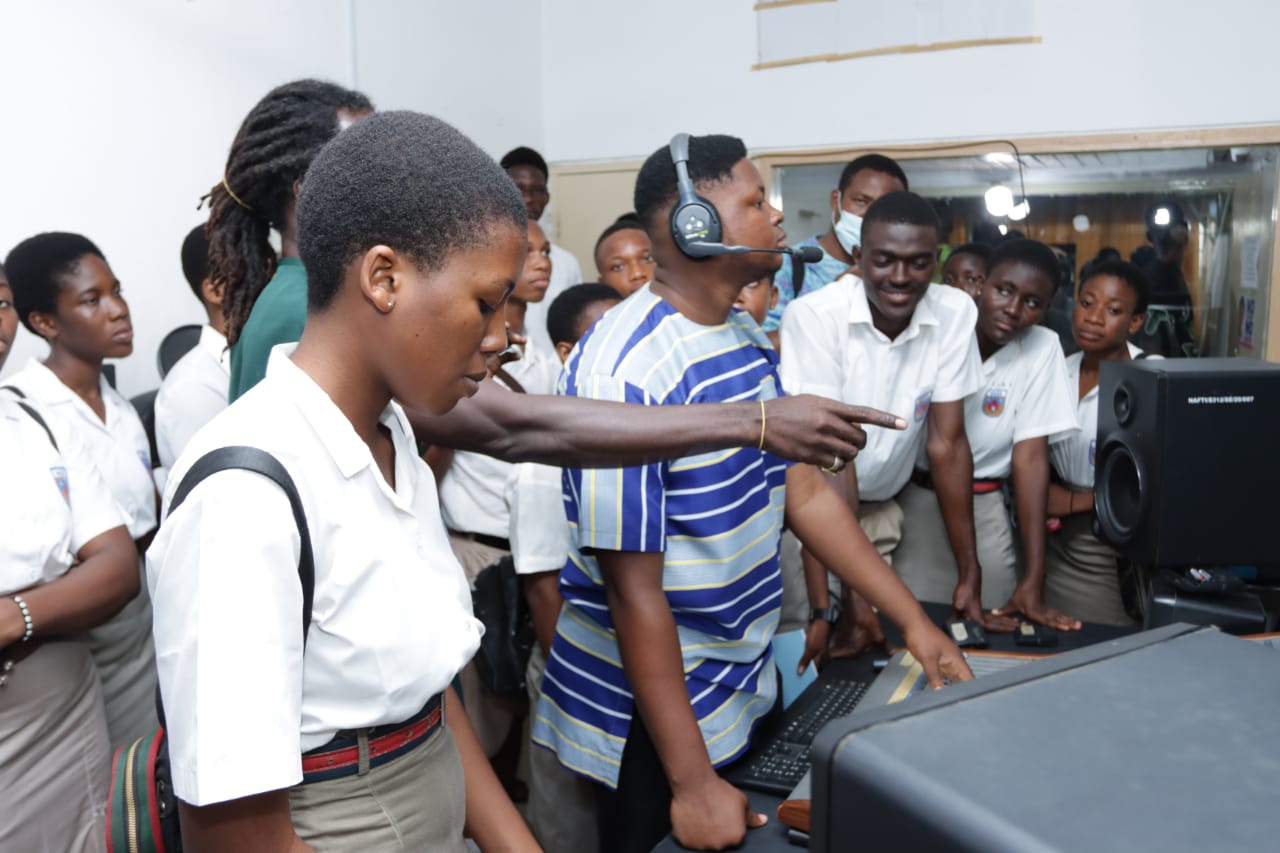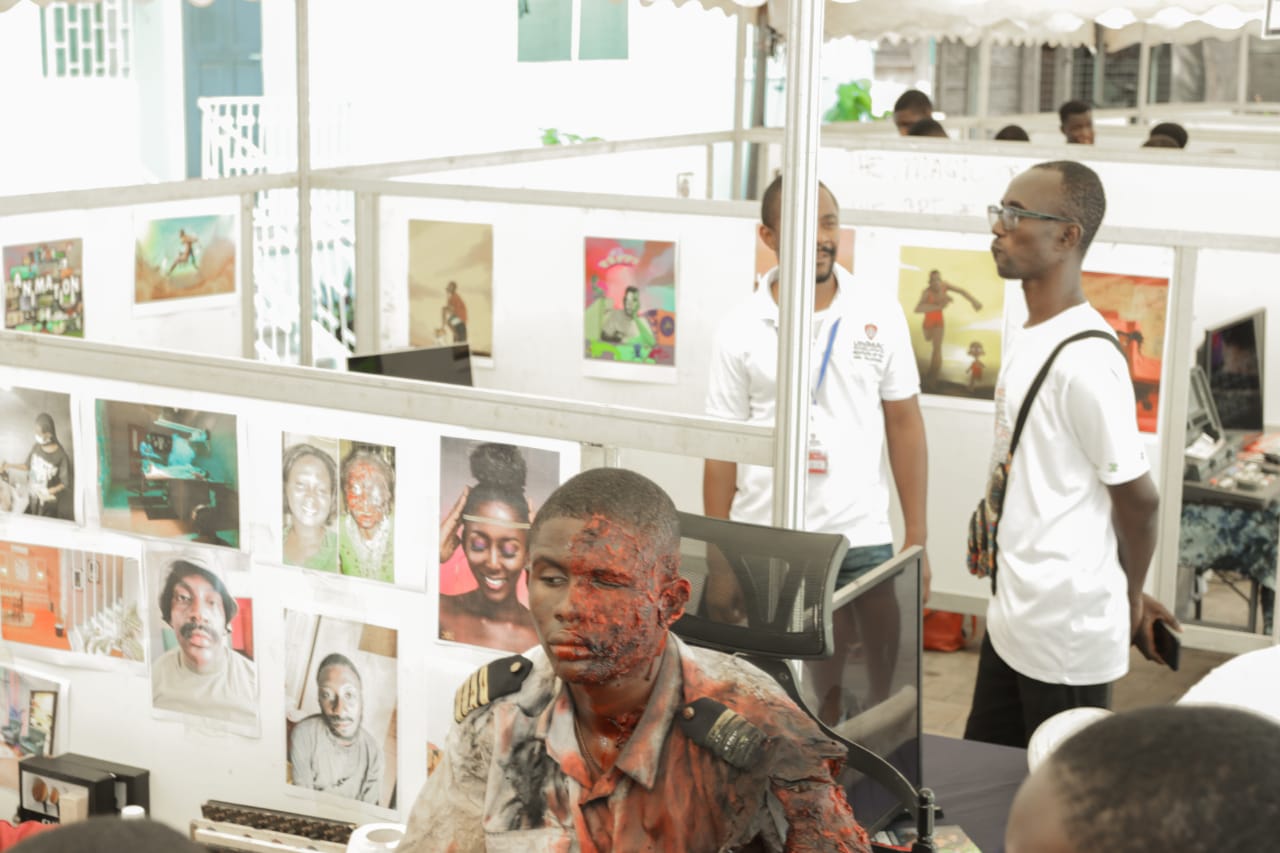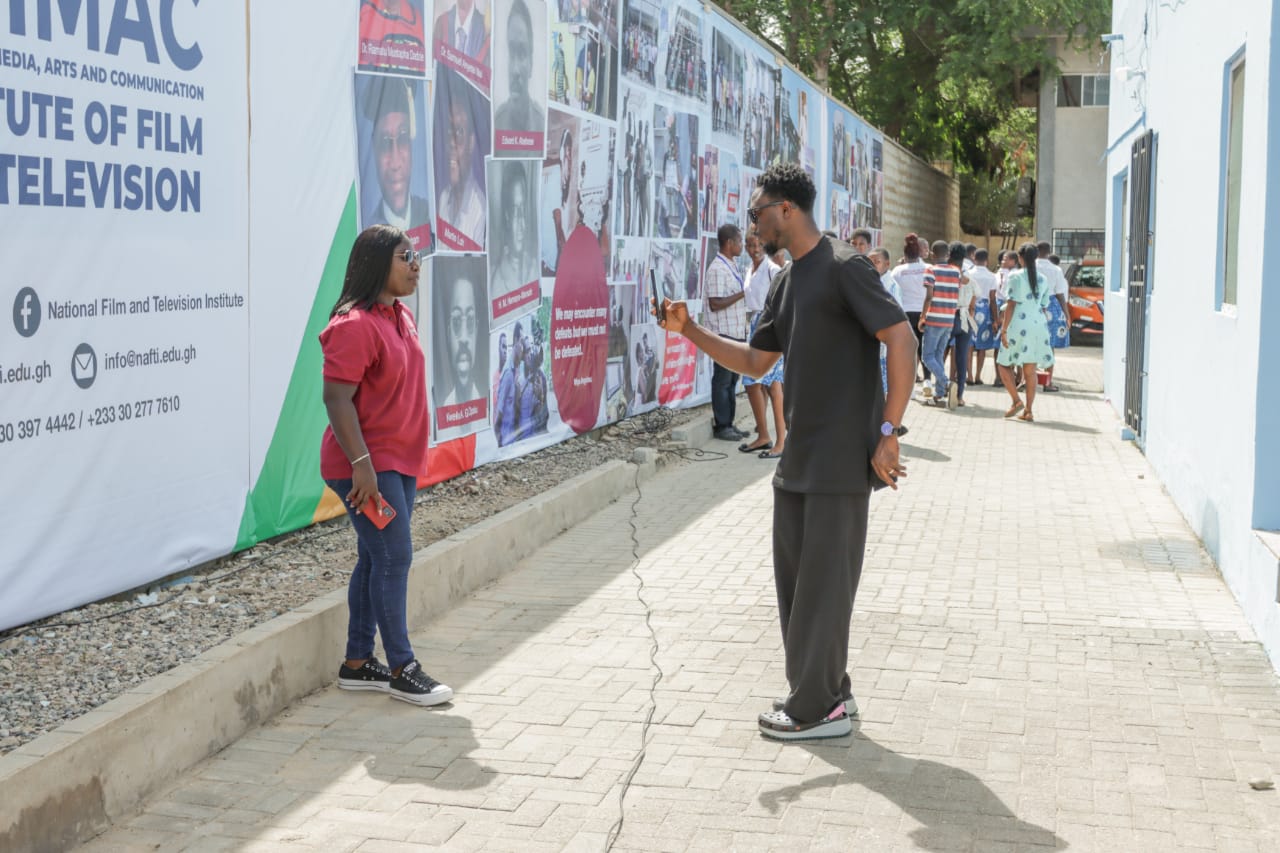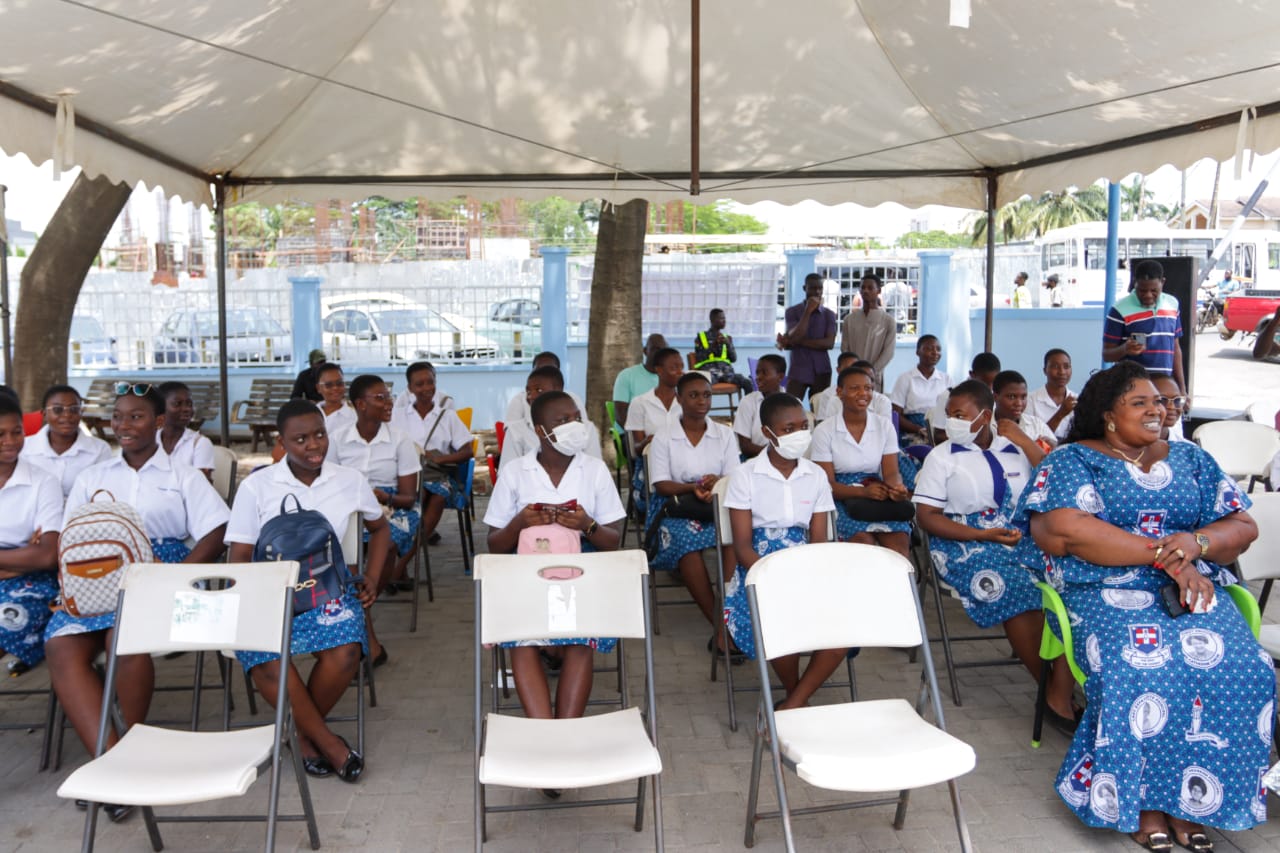UniMAC-IFT to Increase Student Intake
Accra, Ghana: The Institute of Film and Television of the University of Media, Arts and Communication ( UniMAC-IFT), formerly known as NAFTI, is set to embark on an expansion programme to boost student numbers. This will be achieved through vigorous outreach programmes both in-person and through digital platforms. This was revealed at the institute's maiden open-day programme on Saturday, April 27, 2024.
"We are interested in expansion in terms of attracting prospective students, and this is because we are a constituent institute of the University of Media Arts and Communication, which is the newest public university here in Ghana,” Dr. Rebecca Ohene-Asah Hesse, Dean of Studies said in an interview with IFT News.
The open-day event, which took place at the school’s premises at Cantonment, is meant to educate, exhibit and give a first-hand feel of the institute’s academic programmes to prospective students and guardians. Students from senior high schools, mainly in Accra and the Eastern region, including Labone SHS, Our Lady of Mercy SHS, and PRESEC-Mampong, Akuapim attended the programme. The rest are Achimota School, West Africa SHS, and Krobo Girls' SHS.
The event also brought together alumni such as Ivan Quashigah, CEO of Farmhouse Productions Limited, producers of YOLO, the sequel to Things We Do for Love, a popular TV series in the late 90s; Ramesh Jai, CEO of Apex Advertising; Kwaku Duah Prempeh, head of production at Adesa Production Limited (APL), producers of popular television drama series, Sadia; Kojo Hilton, a production designer with the National Theater of Ghana, and Prince Tomety, CEO of Prop Haven.
Some industry players, including Jesse Sunkwa-Mills, CEO of Mills Media, producers of the 'Asantewaa' (Heroes of the Past) animation and video games; and Nicole Amateifio, a filmmaker were at the event to provide the necessary guidance and inspiration to the students and their guardians.
The institute has, over the years, embarked on outreach activities by visiting senior high schools to talk to them about the opportunities offered. The open-day event is, in part, to allow students and guardians an opportunity to experience the institute’s world-class teaching and learning facilities.
Head of PR of UniMAC-IFT, Marian Mantey, expressed excitement about the turnout of the event, adding that there is a need to extend outreach activities through digital platforms to educate and engage stakeholders.
"We can't cover all the 16 regions, but we are trying very hard to reach them. We are also pushing a lot of promotional activities for people to understand and see what we do," she said.
Marian also expressed gratitude to the heads of the senior high schools for ensuring that the students attended the programme.
“We are so grateful to the senior high schools, the heads of the schools for all that they have done, and for accepting our invitation and bringing the students here to come and see what we do, exhibit our programs, our faculty, our equipment, our alumni, and everybody to the general public” she added.
Kwabena Antwi, a production designer and an alumnus, shared his experience. According to him, the skills he acquired have made him a creative person who can improvise in any challenging situation.
“Production design has made me enter into all kinds of fields. I may not have the knowledge of being an engineer, but when the job comes and requires me to make a setup to fit an engineering profession, I learn and apply the knowledge,” he said.
He urged the students to focus more on acquiring a skill or craft in addition to whatever they are doing.
UniMAC- IFT (NAFTI), established in 1978, currently offers certificate, diploma, and degree programmes in Film Directing, Television Production, Scriptwriting, Production Design, Editing, Cinematography, Sound Production, Animation, Multimedia, and Broadcast Journalism.
UniMAC-IFT has over the years transformed potential talents in media arts through education using theory, practice, and research to become highly competitive and culturally relevant.
By Abigail Bodo and Grace Nyarko


